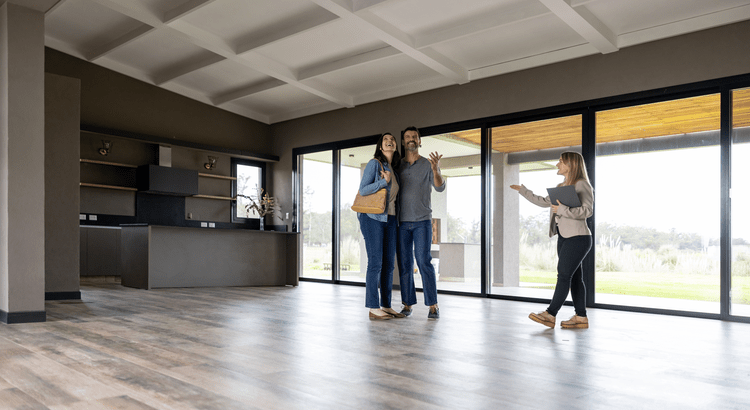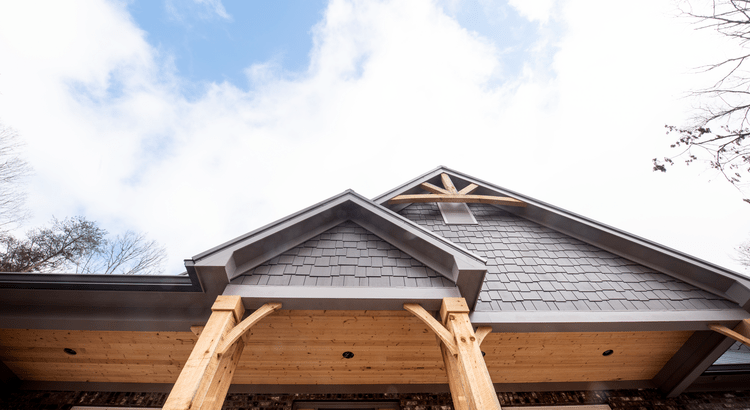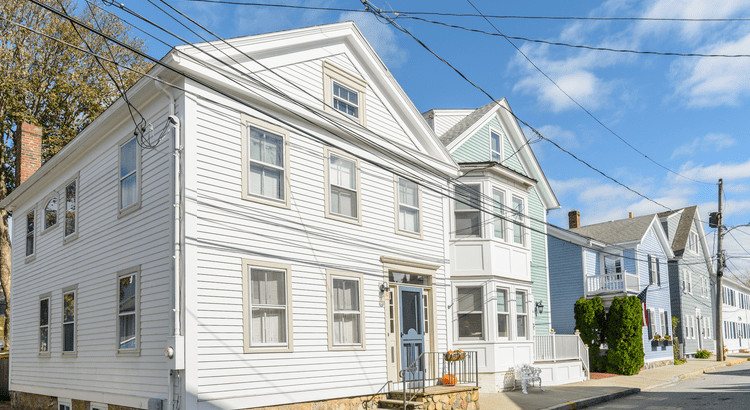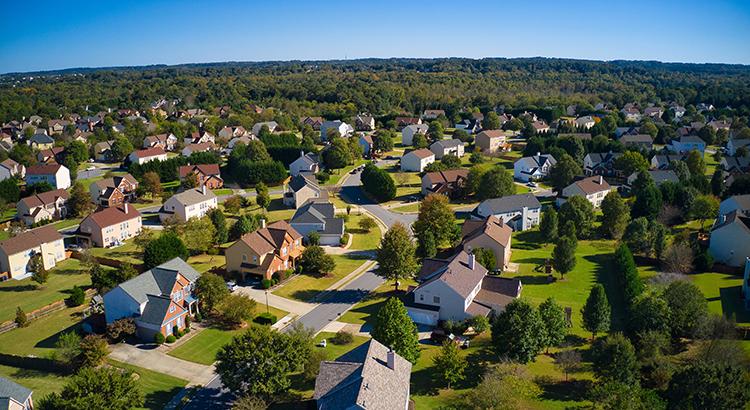
Why Home Prices Aren’t Actually Flat
Why Home Prices Aren’t Actually Flat If you’ve been following real estate news lately, you’ve probably seen headlines saying home prices are flat. And at first glance, that sounds simple enough. But here’s the thing. The reality isn’t quite that straightforward. In most places, prices aren’t flat at
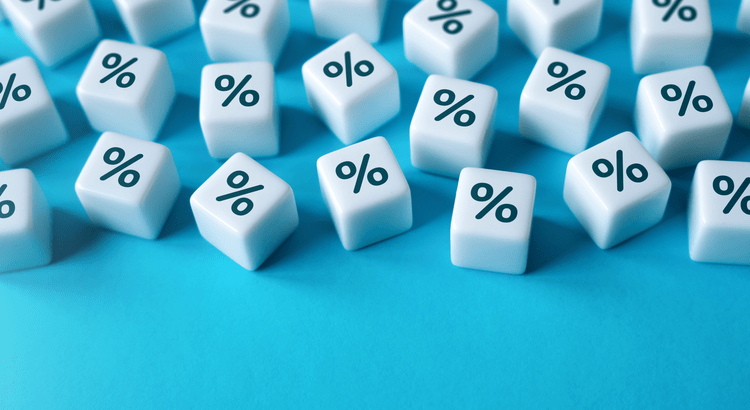
Why Experts Say Mortgage Rates Should Ease Over the Next Year
Why Experts Say Mortgage Rates Should Ease Over the Next Year You want mortgage rates to fall – and they've started to. But is it going to last? And how low will they go? Experts say there’s room for rates to come down even more over the next year. And one of the leading indicators to watch is the 1

Downsizing Without Debt: How More Homeowners Are Buying Their Next House in Cash
Downsizing Without Debt: How More Homeowners Are Buying Their Next House in Cash If you’ve been thinking about downsizing to lower your expenses, be closer to family, or just make life easier, here's a trend worth paying attention to: More homeowners are buying their next house outright, without tak
Recent Posts
